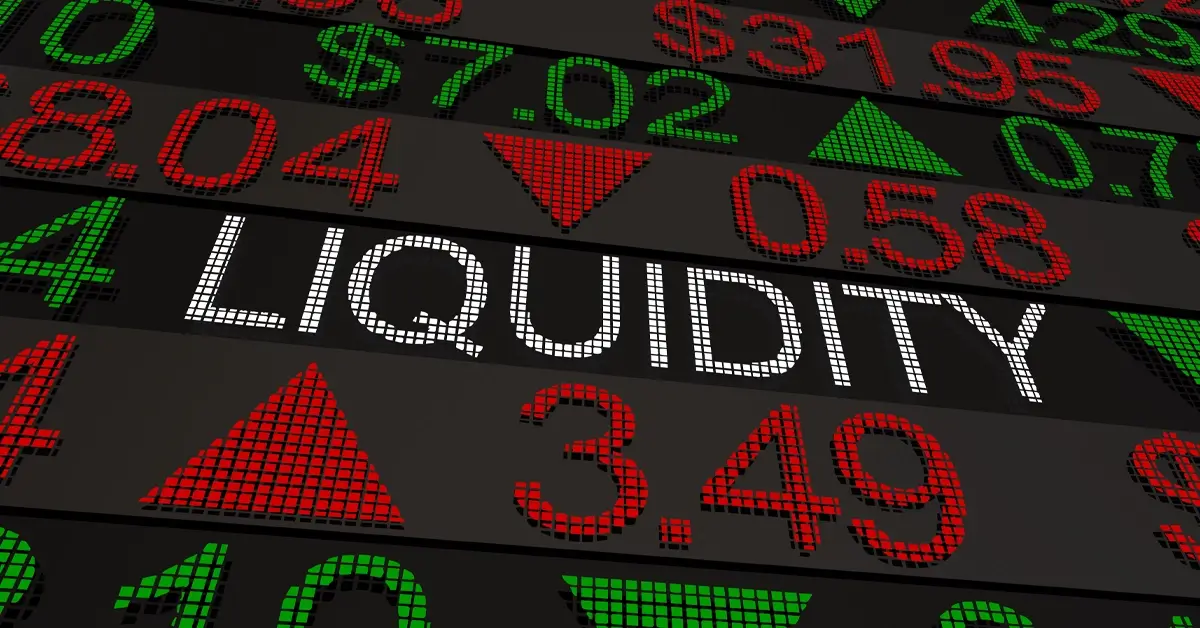When markets decline, many investors climb the proverbial wall of worry on the back of fear that they will lose money. Some even take their money out of the market and wait on the sidelines for it to recover.
While it is true that the value of your investments might fall during a market decline, historical evidence shows that the markets have always bounced back over time, resulting in potentially greater gains for investors.
History is on your side
When you invest in the equity markets, you are typically doing so for the long-term. So you should not react to market volatility which is merely a short-term phenomenon. Over the long-term, the stock market makes gains on more days than it loses money. Therefore, the value of your investments will potentially increase over the long-term, in spite of periodic short-term volatility.
Economic Markets: Historical Inclines and Declines
Economic markets have historically followed patterns of inclines and declines, commonly referred to as booms and busts. These fluctuations can be attributed to a combination of factors. Understanding these patterns and the underlying causes can provide insights into why investors should remain calm during market downturns.
Causes of Market Inclines (Booms):
Economic Growth: A robust economy marked by increasing production, job creation, and high consumer spending often leads to market inclines.
Technological Advancements: Innovations can create new industries or enhance existing ones, leading to business growth and market optimism.
Low Interest Rates: When borrowing is cheap due to low interest rates, businesses expand and consumers spend more, driving stock prices up.
Positive Market Sentiment: If investors believe markets will do well, their collective actions can drive prices up, creating a self-fulfilling prophecy.
Causes of Market Declines (Busts):
Economic Recession: A slowdown in economic activity, characterized by reduced consumer spending, job losses, and business contractions, can drive markets down.
High Interest Rates: Central banks might raise interest rates to control inflation or stabilize the currency, making borrowing expensive and slowing economic growth.
External Shocks: Unexpected events like wars, oil price spikes, or global pandemics can disrupt economic activity and cause markets to decline.
Market Corrections: After prolonged periods of growth, markets sometimes correct themselves if stock prices exceed their actual value.
Negative Market Sentiment: Pessimism can drive prices down as investors sell off their assets, fearing further declines.
Why Investors Shouldn’t Panic:
Historical Resilience: Historically, after every market decline, there has been a recovery. For instance, while the 2008 financial crisis led to significant losses, markets rebounded in the years that followed.
Long-Term Perspective: Stock markets tend to grow over extended periods, despite short-term fluctuations. An investor with a long-term horizon is more likely to see positive returns, even if they invest just before a downturn.
Opportunity to Buy: Declines can present buying opportunities. If an investor believes in the long-term potential of a company, a market downturn might offer a chance to buy its stock at a discounted price.
Compounding Effect: Even during downturns, reinvested dividends can provide returns. Over time, this compounding effect can lead to significant growth, even if the principal investment experiences short-term declines.
Diversification: A well-diversified portfolio can hedge your investments during stock market declines. While some assets might suffer, others might hold steady or even appreciate, balancing out potential losses.
Diversification reduces losses During Stock Market Declines
When an investor holds a single stock, even a blue-chip stock that has a reputation as dependable, that investor is more exposed to the many risks that the company behind the security is faced with. However, when an investor holds many blue-chip stocks with a dependable reputation, they are exposing themselves to far less risk. This is why portfolio managers prioritize diversification.
The principle behind diversification is akin to the adage “don’t put all your eggs in one basket.” Different stocks and sectors often react differently to economic, political, and industry-specific events. Some sectors might be declining while others are rising or holding steady. By holding a diversified mix of stocks, the losses from one sector can be balanced by the gains in another, leading to a more stable overall portfolio performance. This reduction in volatility reduces the potential for extreme losses during market declines and provides a smoother investment journey over time.
If you are looking for a diversification strategy that does not require tracking many different stocks, consider ETFs such as the Harvest Diversified Monthly Income ETF that is designed for this specific purpose. This ETF is a portfolio of ETFs providing exposure to large global companies diversified across key sectors of large global companies diversified across key sectors: Healthcare, Technology, and Utilities among others. It is able to limit the effect of market volatility while providing a steady monthly income and opportunity for growth to investors.
Volatility and risk are not the same
Volatility is a normal short-term market behavior that could result in fluctuations in the value of your investment. Risk, on the other hand, is directly linked to the probability of losing money. The amount of risk you can tolerate is based on the degree of change in your investments that you can comfortably withstand during varying market conditions. Naturally, some investors can tolerate a higher level of risk in order to achieve their financial goals – which is referred to your capacity for risk. Typically, your advisor takes into consideration both your risk tolerance and capacity for risk when constructing your portfolio. Therefore, you should not worry about losing money during market declines. That’s why you have an advisor.
Stay focused on your investing goal
In most cases you do not need the money you’ve invested for another 10 to 15 years or more. Therefore, you should stay focused on your long-term goal rather than worry about market volatility. Research on investor behavior shows that the less you worry about the impact of market volatility on your investments the more likely you will be most happy. But if you keep checking the performance of your investments frequently, you will experience a lot more stress during temporary market declines. And if you jump in and out of the markets because of volatility, you will probably end up doing worse than those who remain invested when the market declines.












